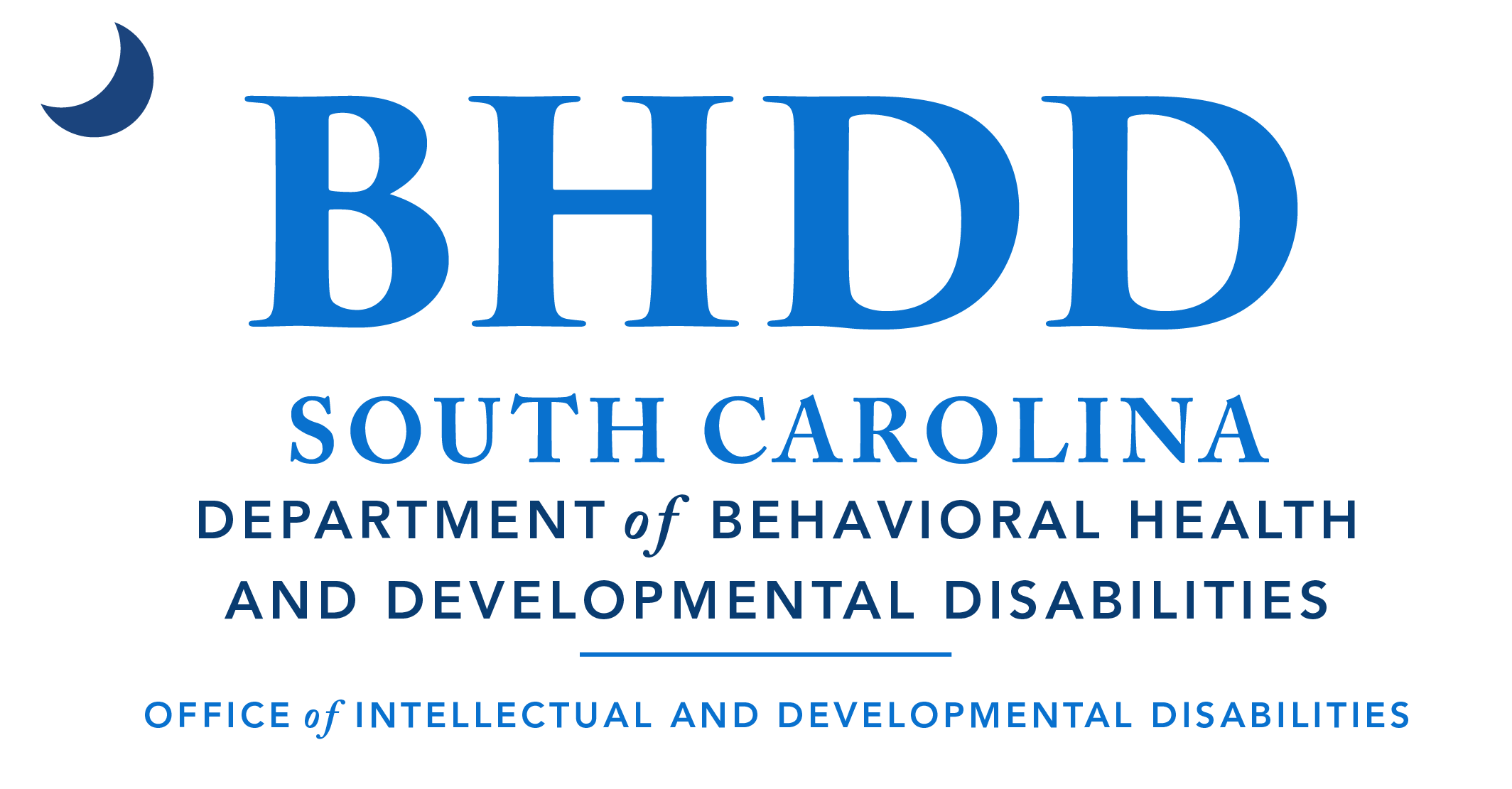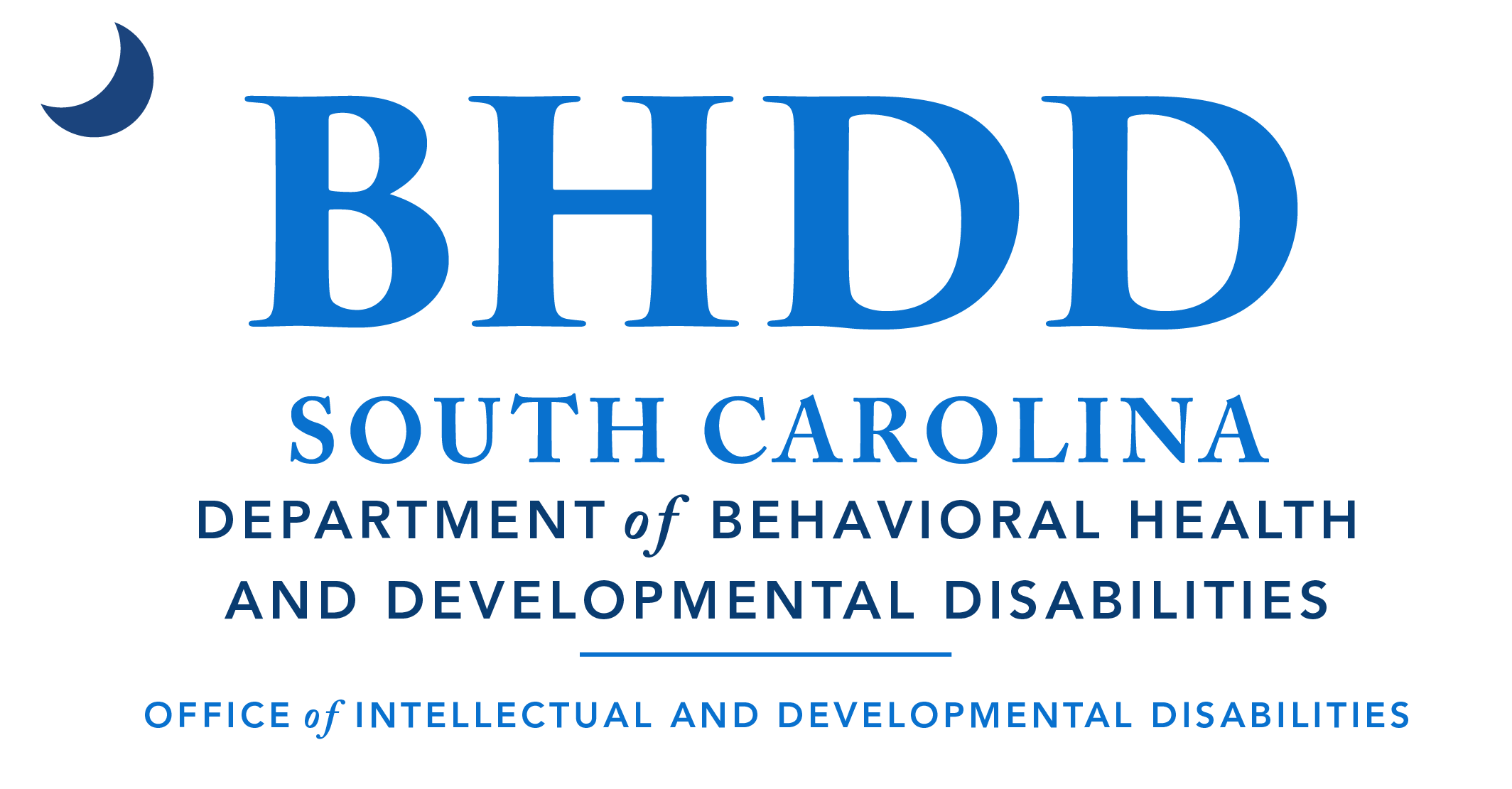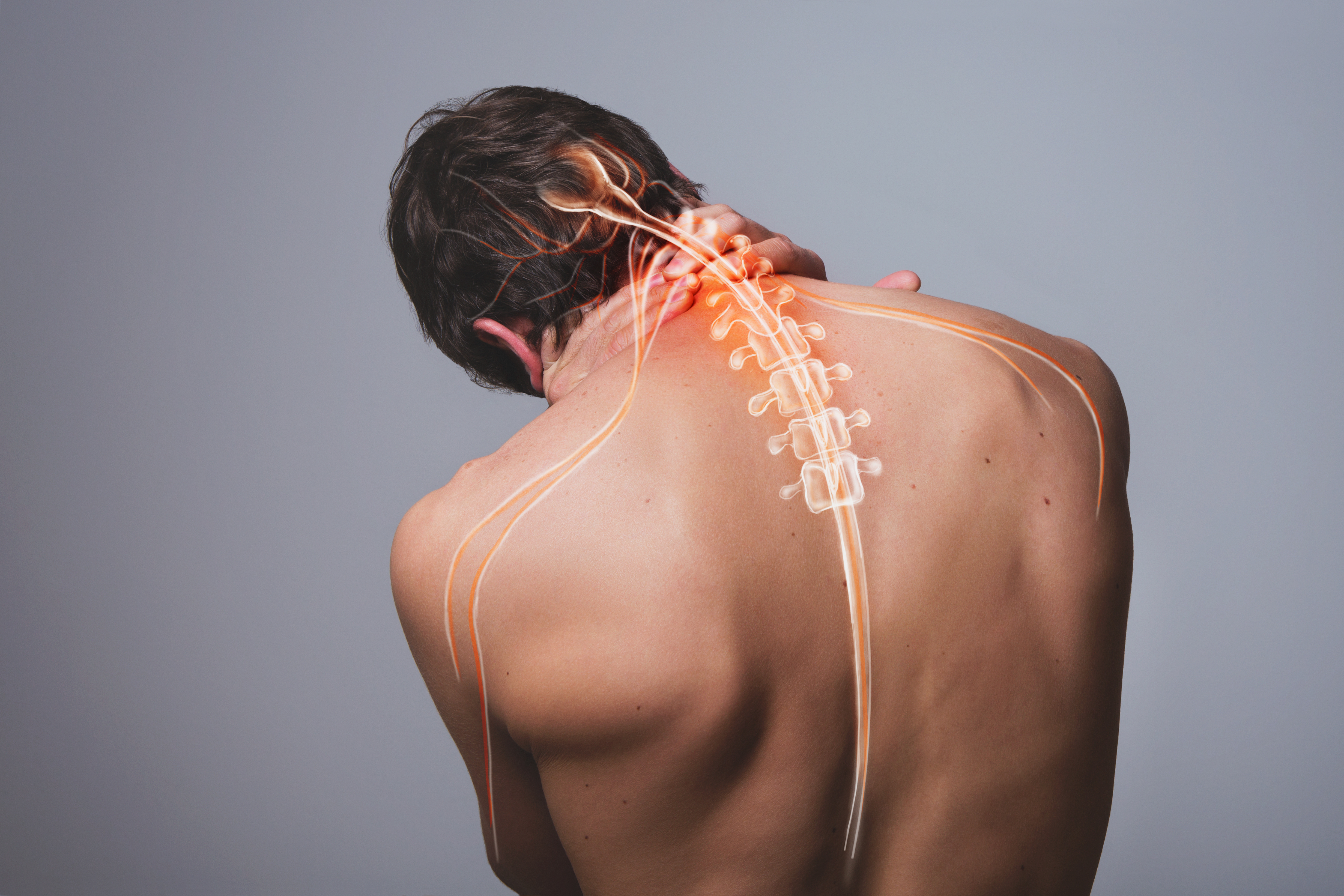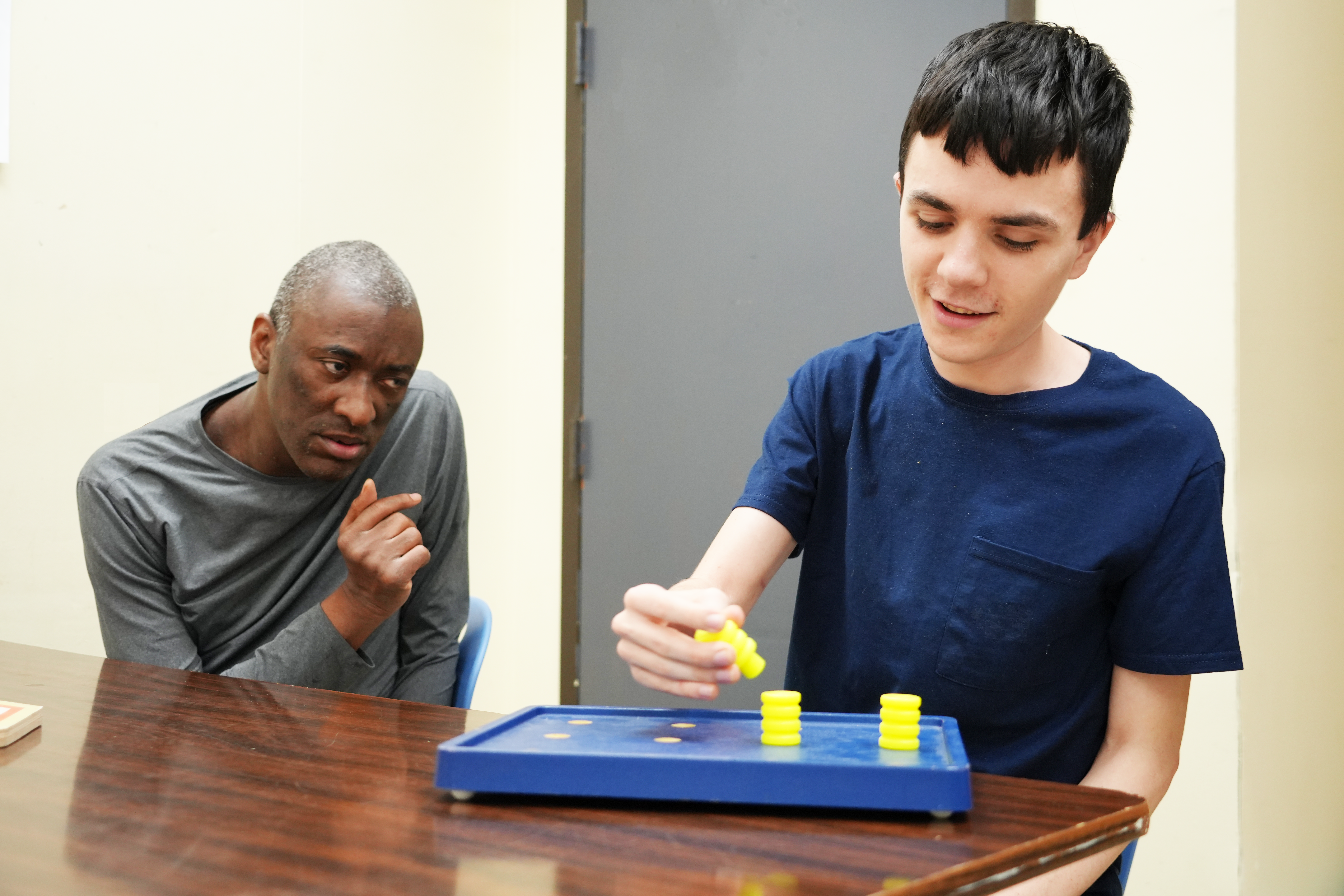Services for People with Traumatic Brain Injury and/or Spinal Cord Injury and Similar Disability
Definition and Eligibility Criteria for Traumatic Brain Injury, Spinal Cord Injury and Similar Disabilities
All four (4) of the following requirements must be met at the time of applying for eligibility. The condition:
- is attributed to a physical impairment, including traumatic brain injury, spinal cord injury or both, or a similar disability, regardless of age of onset, but not associated with the process of a progressive degenerative illness or dementia, or a neurological disorder related to aging;
- is likely to continue indefinitely without intervention;
- results in substantial functional limitations in at least two areas of these life activities: self-care, receptive and expressive communication, learning, mobility, self-direction, capacity for independent living, economic self-sufficiency; and
- reflects the need for a combination and sequence of special interdisciplinary or generic care or treatment or other services which are lifelong or of extended duration and are individually planned or coordinated.
Traumatic brain injury and spinal cord injury are defined by state law as follows
Traumatic brain injury is an injury to the skull or brain caused by an external physical force. The injury may produce a diminished or altered state of consciousness resulting in impairment in cognitive abilities or physical functioning, as well as behavioral and/or emotional functioning. It does not include cerebral vascular accidents (strokes) or aneurysms.
Spinal cord injury is an acute traumatic lesion of neural elements in the spinal canal, resulting in any degree of deficit in sensory, motor and life functions. The deficit may be temporary or permanent.
The South Carolina Code of Laws does not define a "similar disability", but stipulates that a similar disability:
- is not limited by early age of onset;
- is not a condition that culminates in death or worsens over time;
- is not dementia resulting from chronic disease or alcohol/drug use;
- is not a neurological disorder related to aging.
Muscular dystrophy, multiple sclerosis, cancer, Parkinson's disease and other primarily medical conditions DO NOT qualify as a "similar disability.”
Applying For Services for Traumatic Brain Injury, Spinal Cord Injury and Similar Disability
If you or a family member have a severe impairment as a result of traumatic brain injury, spinal cord injury, or both, or a similar disability:
- Contact the BHDD-OIDD Screening at 1-800-289-7012 (toll-free) in Columbia to be screened for referral to BHDD-OIDD's Head and Spinal Cord Injury (HASCI) Division.
- If you are not determined eligible for services, but your condition or circumstances change significantly, contact BHDD-OIDD Screening at the above phone number again and give them any updated information about your situation. You will be re-screened for possible referral.
- If you are determined appropriate for formal consideration of eligibility, you will be referred by the Screener to the approved Intake Provider of your choice.
- You will be contacted by a (HASCI) Intake Worker to begin formal intake and eligibility determination procedures.
Information Needed To Determine Eligibility
- Medical records documenting a traumatic brain injury and/or spinal cord injury or any other condition.
- Medical records pertaining to any other current or pre-existing conditions.
- Social information necessary to determine eligibility.
- Completion of a functional limitations inventory by a BHDD-OIDD Qualified testing provider.
Types of Services and Supports Available
BHDD-OIDD contracts with local Disabilities and Special Needs (DSN) Boards and other providers to bring an array of services to your community. Services are provided based on the assessed needs of the consumer, the appropriateness of the service to meet the need, and the availability of funding. There may be a waiting list for particular services. Services may also be limited by the availability of a service provider in your community.
Individual and Family Support and Services for Children and Adults
- information and referral
- case management
- modifications to enable a person to better access his or her own home
- equipment and devices to facilitate greater independence
- personal assistance/attendant care for essential activities of daily living
- services and supports to improve functioning, increase productivity and promote self-determination
- day, career preparation, and residential services
- occupational therapy
- personal emergency response system
- pest control services
- physical therapy
- private nursing services
- private vehicle modifications
- psychological services
- respite care
Services/supports may be funded through Medicaid State Plan, Head and Spinal Cord Injury (HASCI) Waiver, HASCI Individual and Family Support Funding, and/or special HASCI Division projects.




